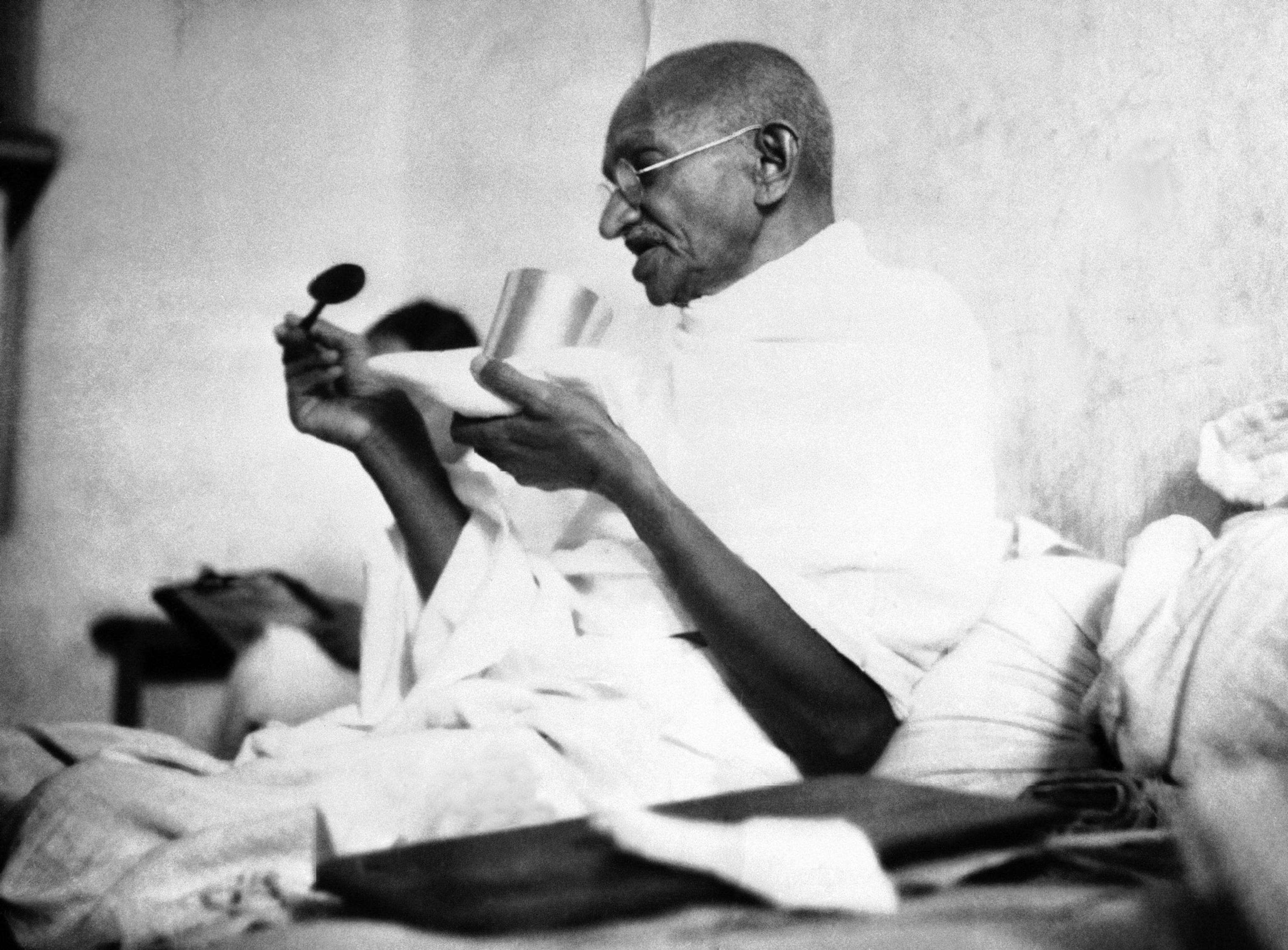How Food Motivated a Prison Escape and a Recovery From PTSD
When necessity becomes passion, lives can be saved by gastronomical methods.
Obviously, people do need food to survive. But we can, in some circumstances, stay alive for over an entire month without eating a single bite. Mahatma Gandhi once fasted for 21 days during one of 17 fasts that he undertook as part of his philosophy of Ahimsa, or non-violent protest. In contrast, the longest a person can survive sans water is much shorter, at a mere 8 to 10 days, and they would likely faint from dehydration multiple times within that time span.
But while people may crave a glass of water when they are dehydrated, it doesn’t elicit quite the same passionate response as food tends to warrant. In fact, food has proven to have influenced mankind’s entire transition to a civilized society. The cultivation of grain and rise of agriculture have been cited as central contributing factors of what turned us from hunter-gatherers to the city-flocking consumers that we are today. (See a five-step plan to feed the world.)

The availability and quality of food doesn’t only have power over entire civilizations though, it can also spark passion, courage, and change in the life of an individual. In some cases, the motivation to experience and cook one’s food of choice has even saved lives in the direst of circumstances.
Food as a Motivator
Shin Dong Hyuk may be the only known person to have successfully escaped detainment in a North Korean “total control zone” camp—the place in which he was born and lived until the age of 23. Hyuk was recently interviewed in an episode of The Story of Us with Morgan Freeman titled “The March of Freedom,” in which Freeman wonders aloud, “what drives people to fight for freedom?” (Read about how Morgan Freeman seeks to unite humanity.)
During his upbringing in the prison labor camp, Hyuk learned early on that prisoners weren’t allowed to eat anything that was not explicitly given to them, which at times forced him to lick soup off the floor or consume live mice to stay alive. He recalls a time when a fellow prisoner, a young girl of no older than 7, was punished with death for being found with food in her pocket. (See the last Americans to visit North Korea.)
A turning point came about for Hyuk when he met a prisoner named Park, who had traveled throughout North Korea and China. “The thing that was most fascinating was the way he was able to express and explain the foods he ate, like pork—the way he would describe it was so interesting and it just pulled me in,” Hyuk explained to Freeman.
“Some might consider it kind of foolish, but for me it was something as simple as food,” Hyuk says as he describes his motivation to escape the camp. He once told the Financial Times, “I still think of freedom as roasted chicken.”
Food as a Medicine
Food became a passion for Eddie McNamara after he hung his hat up as an officer of New York City’s port authority police, where he was a member of the rescue recovery team following the events of 9/11. “I was really depressed and diagnosed with PTSD,” McNamara tells me.
The former cop also developed agoraphobia, making it almost impossible for him to leave his apartment. McNamara began to feel trapped in more ways than one. He thought to himself: I’m just going to start doing one thing. “I started making dinner. I started watching cooking shows. I started reading recipe blogs. Maybe I never changed out of sweatpants that day, but at least I made dinner,” he says.
As he thought back on his meaningful work as an officer, preparing a good dinner for his wife each night began to fill that void—his desire to care for others.
He developed a genuine passion for food and cooking, and his wife signed him up for a few cooking classes. For the first time in a long time he thought “I can do this. This is what I want to do.” He ended up going to culinary school full time. McNamara found that when he cooked it finally allowed him to live in the moment, forgetting his anxiety and harmful memories.
It was also during his grueling nine-month stint as a member of the rescue recovery team that led McNamara to become a vegetarian. Working through the night, he and his team attempted to recover the bodies of those who lost their lives in the World Trade Center. The graphic, jarring nature of the job led McNamara to pursue what he calls a more compassionate diet. “The idea of meat became repulsive to me,” he says.
McNamara started a Tumblr blog, the cheekily titled Toss Your Own Salad, and a vegetarian cookbook of the same name. He says most of the responses he receives from readers are appreciative—from people attempting to lose weight or improve their health who have been helped by his recipes and advice.
“I think we have our memories in food,” says McNamara. “Also, let’s say you’re having a party and you make some version of mac and cheese that nobody’s ever had before, and someone tells you that it’s the best that they’ve ever had. It’s a really good feeling.”